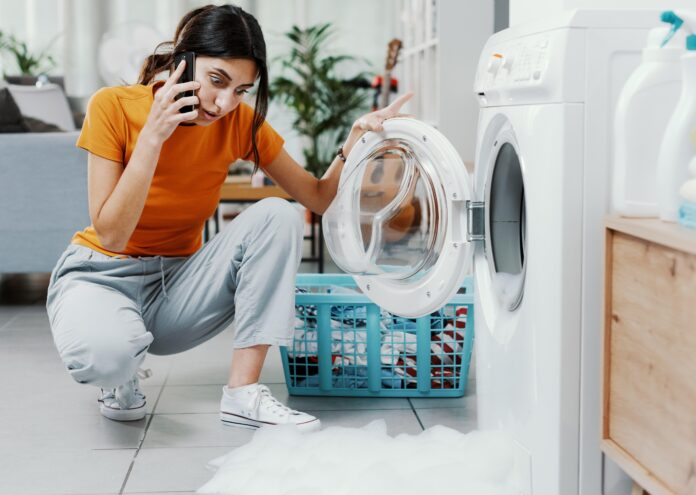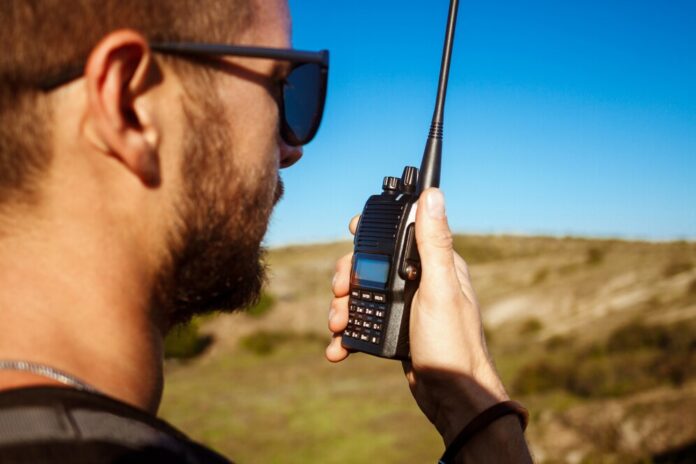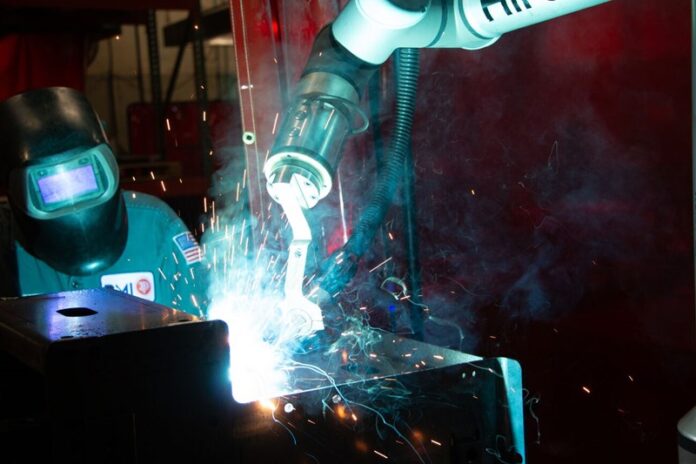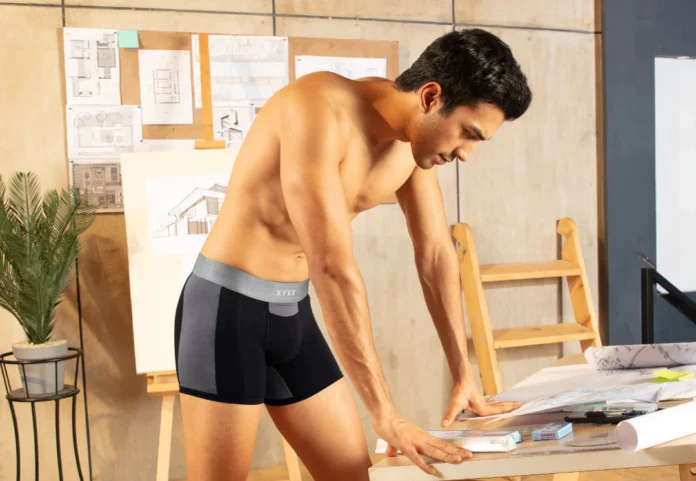Washing machines should make life easier, not cause extra stress. However, a leaky washer can create frustration. When water appears on the floor, you might wonder what’s causing it. Several factors can contribute to this issue, and fixing it can save you time, money, and potential water damage.
This article explores the most common reasons why a washing machine may be leaking and guides you on how to troubleshoot and fix the problems effectively.
Key Points:
- A damaged door seal can lead to leaks during the wash cycle.
- Leaking is often due to faulty hoses or connections.
- Issues with the drain pump may cause water leakage.
- Detergent use plays a role in water escaping from the machine.
- Incorrect leveling can lead to water leaks.
- A blocked drain or filter may result in a flood around the machine.
- Addressing these problems promptly can prevent further damage.
Door Seal Damage Causes Leaks
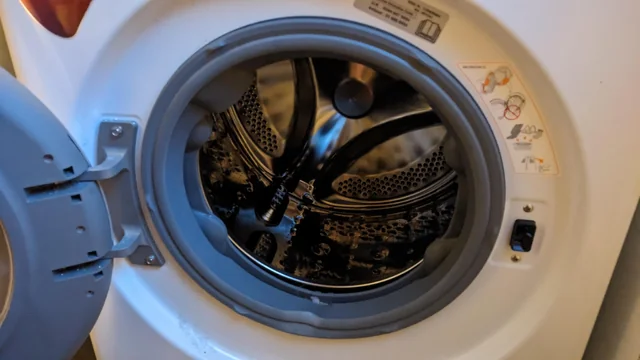

If water leaks during a cycle, especially at the front, the door seal is likely the culprit. Over time, seals get damaged due to trapped debris or rough usage. Check the seal around the door for any signs of tears, holes, or dirt buildup.
To fix this, clean the seal with a damp cloth, removing dirt and soap residue. If the seal shows damage, replace it to prevent future leaks. Replacing the seal isn’t complex and can be done without calling a professional. However, you must ensure the new seal fits snugly.
If you experience continuous leaks even after replacing the seal, it could be related to how the machine operates. Sometimes, a professional technician may need to assess the situation. If you are in Tucson, visit 5 star appliance repair Tucson for expert service.
Check the Hoses and Connections
When water starts leaking from your machine, inspect the hoses and their connections first. Look behind the machine, where the hoses connect to the water supply. If these connections are loose, it will lead to water dripping on the floor. Tighten them with a wrench to prevent further issues.
The hoses themselves may have cracks or weak points. Over time, hoses can deteriorate due to wear and tear, causing them to break. If any damage is visible, replacing the hose is the best solution. Washing machine hoses are affordable and easy to replace.
Drain Pump Problems Can Cause Water Leaks
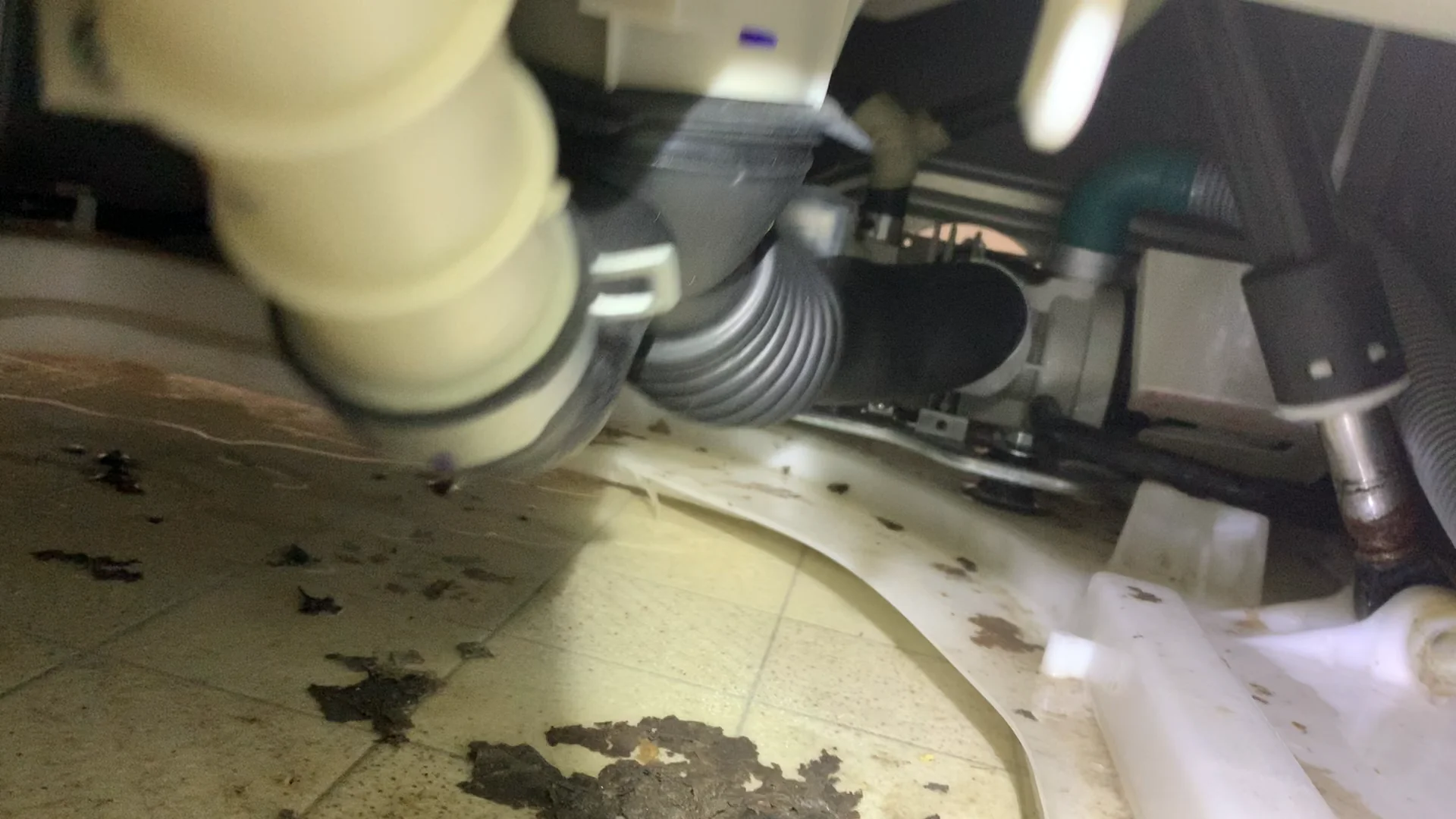

The pump works to remove water after each wash cycle. A crack or defect in the pump can lead to leaks during the draining process.
Check the drain pump by removing the panel at the bottom of your machine. Look for any visible damage or water leaking from it. If you notice anything unusual, consider replacing the pump. Drain pumps are essential components, and without a functional one, the machine won’t perform properly.
In some cases, the connections between the pump and the drain hose may be loose. Tightening them may fix the problem. If not, replacing the pump should resolve the issue.
Too Much Detergent Leads to Overflow
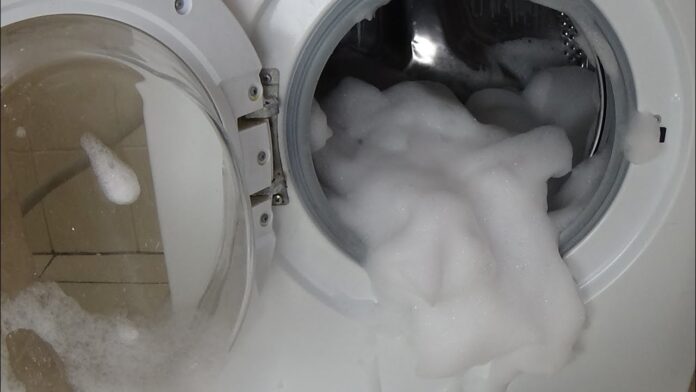

Using too much detergent creates excess suds, which can lead to water overflowing from the drum. It may seem counterintuitive, but more detergent doesn’t always lead to better cleaning results.
To avoid this problem, use the recommended amount of detergent based on the machine’s manual. Ensure you’re using detergent specifically made for high-efficiency (HE) washers if you own one. Regular detergent can create more suds than the machine can handle, causing it to leak water.
Incorrect Leveling Causes Leaks
A washing machine must be level to function correctly. If it’s not level, the movement during the cycle can cause water to spill over the sides of the drum.
You can check the leveling of your machine by placing a spirit level on top. If the machine is off-balance, adjust the legs at the base to bring it back to a proper position. You can usually turn the legs to adjust them.
A poorly leveled machine also causes excessive noise during operation. Fixing this will not only prevent leaks but also reduce vibration and noise.
Clogged Drain or Filter Causes Floods
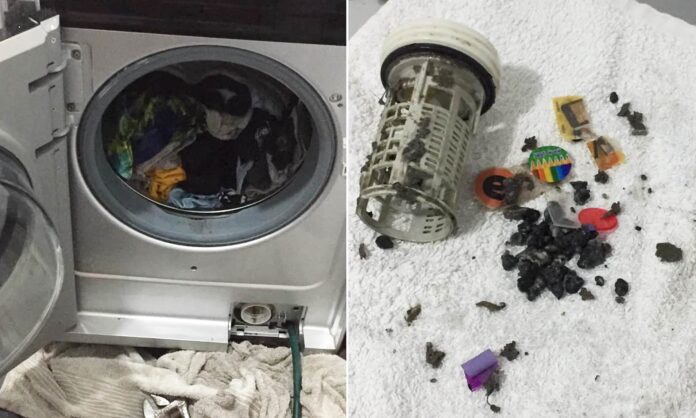

Another common issue leading to leaks is a blocked drain or filter. If water cannot escape properly due to a clog, it backs up into the drum and spills out. Most washing machines have a drain filter that collects debris like lint and small items.
To fix this, open the drain filter panel, usually located at the front bottom of the machine. Remove any buildup or debris that may be blocking the filter. It’s also wise to check the drain hose for clogs. Use a small brush to clear any obstructions.
Once the drain and filter are clean, run the machine again to check for leaks. A clear drain allows water to flow freely, preventing future floods.
When to Call a Technician
Some leaks are easy to fix, while others require professional attention. If you’ve tried the solutions above and the problem persists, it may be time to contact a technician. Internal components, such as the tub or motor, might need repair. In such cases, a DIY approach can cause further damage.
A professional technician can diagnose the issue accurately and provide the necessary repairs. When in doubt, it’s always better to reach out to an expert.
Prevent Future Leaks
Preventing future leaks begins with regular maintenance. Regularly check hoses, seals, and connections for signs of wear. Keep the machine level and clean the drain filter to prevent clogging. By staying vigilant, you can avoid major problems and extend the life of your washing machine.
If leaks do occur, addressing them quickly prevents further damage to your home. Small issues left unchecked can escalate, leading to expensive repairs or water damage. Always take prompt action when you notice any water around your machine.
Conclusion
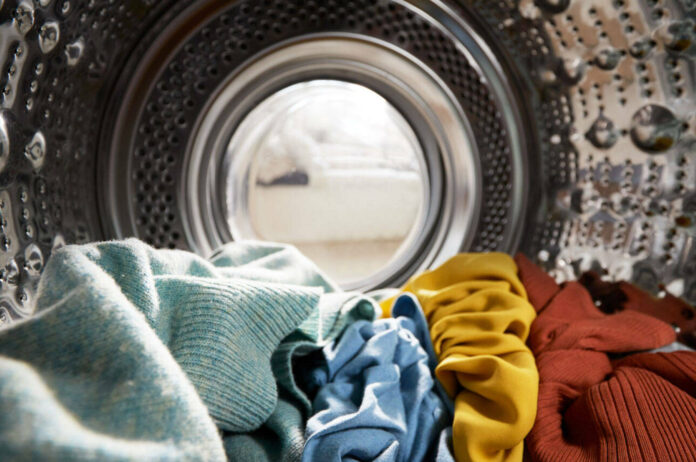

By following the tips in this article, you should be able to troubleshoot and fix common washing machine issues without calling a professional. However, if the problem remains unresolved, do not hesitate to contact a technician. Professional repair services ensure the longevity of your machine and save you from unnecessary headaches.

